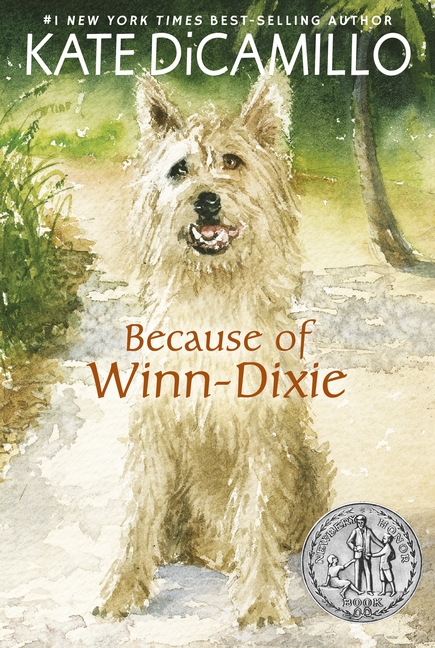UPDATE April 6, 2022
Yesterday, the House of Representatives voted to affirm democratic values by a bipartisan vote: https://www.congress.gov/bill/117th-congress/house-resolution/831/text
UPDATE April 6, 2022
Yesterday, the House of Representatives voted to affirm democratic values by a bipartisan vote: https://www.congress.gov/bill/117th-congress/house-resolution/831/text
Of the approximate 200 countries in the world, about 150 countries have peace processes to end conflict or disagreements. However, Dr. Christine Bell points out that on average, it takes about 36 further agreements to reach the place where the parties in conflict have learned to live peacefully while still carrying their differences. [See a previous post about Dr. Bell’s research.}
The language that Dr. Bell engages to discuss peace and reconciliation, as well as human rights, is also important. She describes the peace making process as agreeing to carry disagreements in a peaceful manner, i.e. the idea of a final peace is misleading. It is an ongoing process and there is an art to it. Language is central.
Dr. Bell speaks about carrying our disagreements together but peacefully and making small agreements along the way of the process. This requires commitment from both sides to just agree to disagree and keep talking. We see this going on now writ large between Ukraine and Russia, and between Russia and NATO nations.
Dr. Christine Bell has much to offer all of us who are following the many conflicts that our own countries are involved in or those of us interested in harmony among nations in general. I am including several ways to follow Dr. Bell’s research and leadership in peace negotiations and human rights.
Corrymeela Podcast with Padraig O’Tuama
You Tube Lecture at University of Edinburgh.
Christine Bell at University of Edinburgh Website
Peace Processes and Their Agreements

One of my favorite podcasts, moderated by Krista Tippett, is OnBeing.org. In its guiding questions – what does it mean to be human and how do we want to live? – OnBeing.org invites soulful people whose contributions to answering those questions have inspired me and millions of listeners.
This week’s interview is illustrative: Kate DiCamillo, the great children’s author and award-winning storyteller, asks us to recapture how we were as an 8-year-old. The themes Kate explores with Krista are relevant to all that is simmering among us right now. How can we be honest with children about a world in which so much threatens our lives and lives of all sentient beings on Earth? I am especially thinking of Ukrainian children and their parents, but more so for all of us, and thinking, too, about youth who face an uncertain future as the planet herself is failing from destructive human activities. Kate DiCamillo reminds us of what is true and lasting.
Onbeing.org Podcast Be sure to listen to the end. You won’t regret it!

Last night I listened to this interview including Timothy Snyder, historian and expert on Ukraine and Russia.
In particular, I was interested in Snyder’s explanation of Ukraine’s inspiring resistance to the Russian invasion. Snyder points out that democracy requires and spawns creativity in thinking and response to autocratic forces. I highly recommend his comments to you, the reader, because his insights into the ossification American’s notions about democracy and the state of American democracy demonstrate how we have lost that quality of citizenship: creativity in opposing the forces that would tear us apart. This is fresh and offers us new ways to think about the present moment. Start at 42:43.
At no time can I remember is our choice of life paths more important, or fraught. Read an article that captures where we are, from Emergence Magazine, Darkness Rising by Llewellyn Vaughan-Lee. https://emergencemagazine.org/op_ed/darkness-rising/
The author mentions Thomas Berry and Joanna Macy, two of the most profound writers and thinkers of a sustaining future. See links below to their words.
This morning I recalled William Butler Yeats‘ tribute to Art.
Hope and Memory have one daughter and her name is Art, and she has built her dwelling far from the desperate field where men hang out their garments upon forked boughs to be banners of battle. O beloved daughter of Hope and Memory, be with me for a little.
~Williams Butler Yeats, The Celtic Twilight
This week Emergence Magazine published a new essay and sound experience by David G. Haskell. This is an artful reminder of the extraordinary Earth song as it developed over the history of the Earth. Emergence Magazine frequently invites Art to remind us of our deepest roots and the community of life in which we are but one sound maker.
When the Earth Started to Sing:
https://emergencemagazine.org/audio-story/when-the-earth-started-to-sing/
